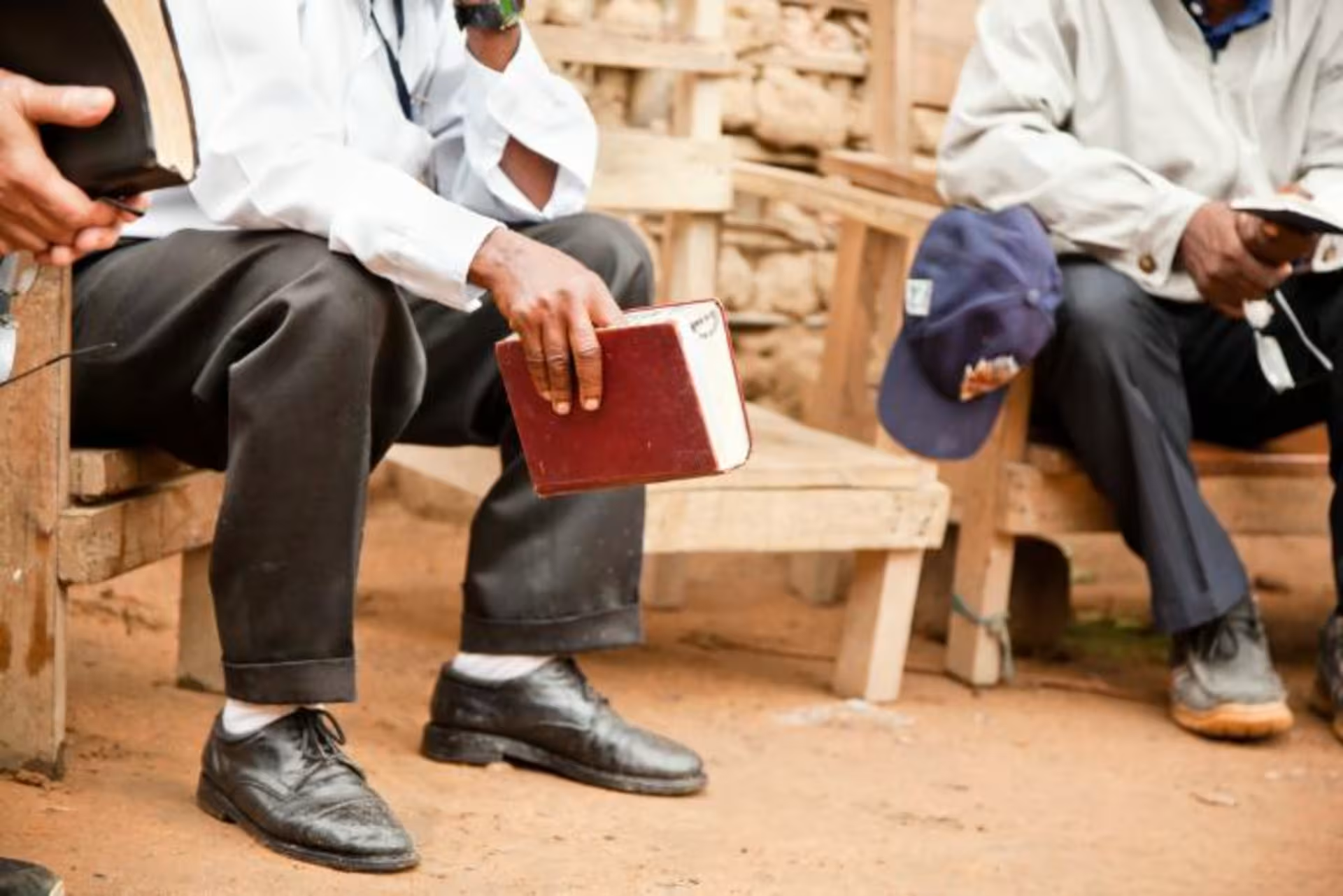The Moravian people should be recognized as unsung heroes of the Christian faith. These men and women were zealous in their love for Christ to the extent of going to unthinkable lengths to share the Gospel to a lost and dying world. Inconvenience, sickness, poverty, nor any other hardship could detract this people from the missionary call.
Count Nikolaus Ludwig von Zinzendorf, the leader of the Moravian Church, is remembered as a godly visionary with a heart for overseas missions. Being raised in nobility, Zinzendorf was exposed to different cultures, whether in schooling or during royal tours and he was able to converse with different missionaries as they would return from the mission field. These various factors influenced him greatly as a child and his passion to minister across the globe never ceased.
While Zinzendorf resided within his numerous estates in Saxony, Germany, surrounded by Lutheranism and Pietism, Christian men and women were facing severe persecution from the Catholic Church throughout Bohemia and Moravia. However, through his evangelistic travels between Germany and Moravia, Zinzendorf met Christian David, who ultimately connected him to the United Brethren, which would later be known as the Moravian Church. Zinzendorf invited the Christian refugees to his estate, which was named Herrnhut.
Problems arose as the Christian refugees flooded Herrnhut, especially considering the array of denominations joining the movement. Zinzendorf was determined to lead the men and women in God honoring unity, which was not easy. However, through his constant prayers, biblical teaching and leadership, God began to unite the hearts of these Christians. In fact, the people of Herrnhut committed to praying in shifts, which meant that the church was praying twenty-four hours a day, seven days a week. This prayer revival lasted for over one hundred years.
Zinzendorf came into contact with a servant named Anthony, who informed him of the spiritual darkness within the West Indies islands. Zinzendorf invited Anthony to come and speak to the people of Herrnhut, which led to the first full scale Protestant denominational mission movement. Johann Dober, the first Moravian missionary, departed for the West Indies Islands on August 21, 1732. He left everyone and everything he knew behind in order to take the Gospel to a foreign land, where he had to learn a new language, form new relationships and find a way to support himself.
The furtherance of the Kingdom of God became the theme for the Moravian Church. They constantly sent missionaries to areas plagued by poverty and spiritual darkness. Men and women sold themselves into slavery in order to share the Gospel with slaves. Others died on the mission field, whether due to sickness, hunger or the elements. The Moravians labored for the Gospel in 10 countries over the first twenty-eight years (1732-1760) and during the height of their missionary movement, one in every 12 Moravians was serving overseas.
The Moravian people played a part in the salvation of John Wesley and they were one of the largest influences in William Carey’s life, who is now referred to as the “Father of Modern Missions.” It is my prayer today that we, as the Church, would grasp the sense of urgency that the Moravian Church possessed, being willing to go to any lengths to share the Gospel to a lost and dying world. Let us welcome inspiration and motivation from these men and women’s lives.
Want more? Check out all the articles from Theology Thursday and return each week for a new post. Learn more about the College of Theology by checking out our website or requesting more information with the button on this page.






